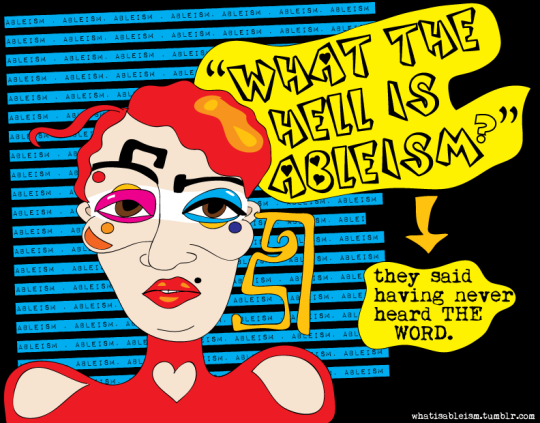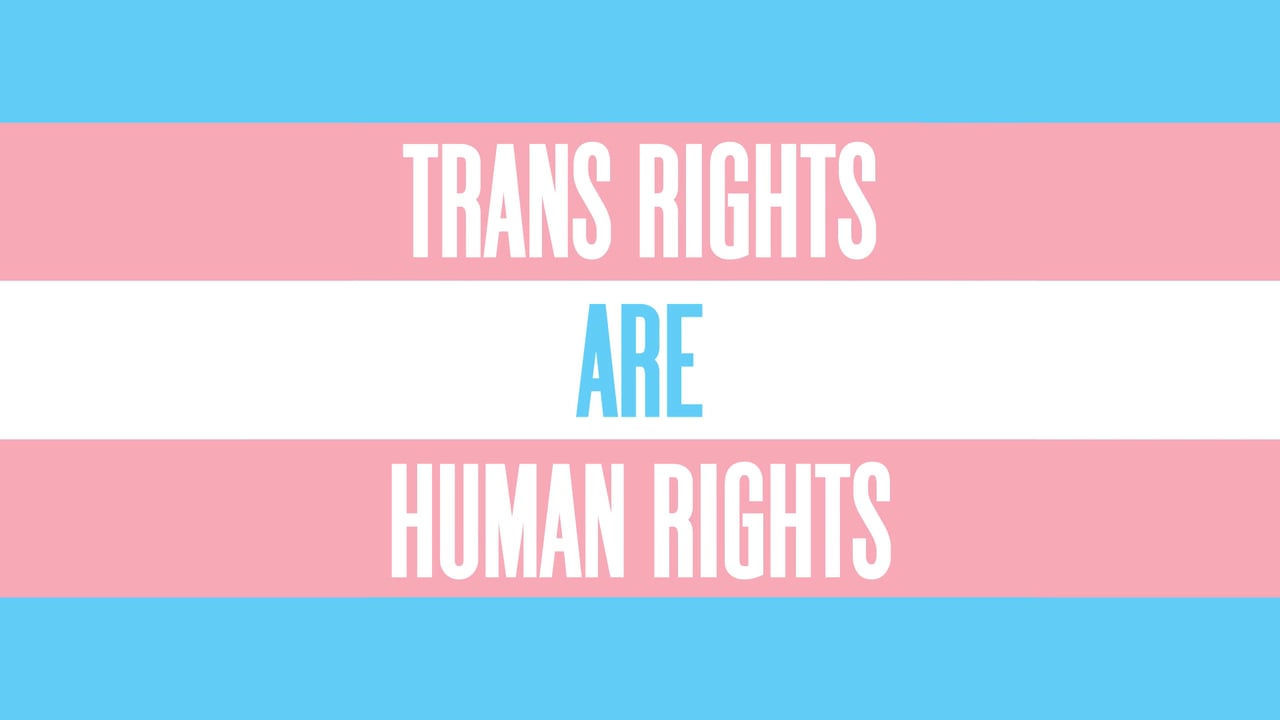Ableism, Sex Work, and Transphobia! Oh My!
Social issues, where to start? If there’s one thing any society will never fail to have, it’s social issues. However, that doesn’t mean that these issues should be ignored. The goal of any society should be to eliminate or lessen these issues as much as possible, for that is the true mark of advancement. Here, I’ll discuss some of the less noted, but equally important issues in our modern American society.
Ableism
Ableism is an often well-ignored issue, which is shocking considering that 12.6% of the American population is disabled. That’s almost 40 million Americans. People sometimes think that disability rights and equality are all said and done with. We have the occasional wheelchair ramps, there are elevators in most buildings, and we have lots of braille on many public restroom signs. What those people don’t realize is how hard activists have had to and still have to fight for those little pieces of accommodation. Ableism comes from the concept that disabilities are something to be “fixed” in someone, that anything and everything must be done to make them as close to “abled” as possible. There is also a lot of patronistic behavior that comes with ableism, as there is the assumption that a disability makes someone’s life a tragedy and destroys their independence. While there are struggles in day to day life with disabilities, and some assistance from others may be require, most disabled people would argue their lives are pretty worth living. Leah Smith explains this base definition pretty well.

I consider this to be an important issue considering that while I carry no physical disability, I have friends who are or have been wheelchair users. I, myself, have autism, which is considered a disability itself. There is a long historical background for this issue, from eugenics being carried out against the disabled, the protests disabled Americans have carried out in our nation’s capital, the long history of the freak show, and the fight that continues for proper accommodations, awareness, representation, and equity. I will definitely have to narrow my focus on a topic like this, for there is a lot of smaller issues that fall under the wide umbrella of ableism.
Sex Work
People often believe that sex work is a horrific occupation, full of sad, broken girls who have no other options. There is a belief that criminalizing sex work helps women, and prevents sex trafficking, when often the opposite is true. The criminalization of sex work causes much of the abuse that sex workers experience to come from the hands of law enforcement. Violence against sex workers is taken less seriously than violence committed against the average citizen. More information can be found here. Criminalizing an industry that most people consume some from of product from — because porn is sex work — does nothing but hurt the people involved in the industry. The stigmatization of sex work in general does nothing but hurt the feminist movement, despite the desire of some feminists to separate themselves from sex work. This blog, written by a now retired stripper/activist, is very helpful. Sex work advances sex positivity, which helps women everywhere. The more sex work is demonized, the more sex itself, and the feminine aspects of the sex industry, are demonized as well. Women aren’t the only sex workers as well, there are plenty of men in the industry who face similar issues, although less to do with the added factor of being female in a female-dominated industry. Sex work is real work, and by pretending it isn’t, we invalidate the people who work in it.
I consider this to be an important issue because the sex industry is very alive and thriving, yet we still choose to try to squash it down and pretend it’s this horrible, evil thing. I don’t think sex positivity can really truly happen until our society’s issue with the sex industry is addressed. There is a major historical background for the discrimination and stigmatization that sex workers face, especially when it’s commonly considered the oldest profession. I will definitely have to narrow my focus, as there are many, many issues this industry faces.
Transphobia
Transphobia is generally known as discrimination or prejudice against transgender people. Considering that the concept of being transgender is rather new to most cisgender people, otherwise known as people who identify with their assigned gender, there is a lot of stigmatization of transgender people. There is a huge risk of violence for people who are openly trans, due to the extreme transphobia in today’s society. The average life expectancy for trans women is between 30 and 35. Transphobia is killing people, whether it be through suicide or an act of violence. We often hear about the debates over bathroom laws and how young a child should be allowed to transition. It is a complex issue depending on what smaller issue you are looking at, but that is any social issue. Trans rights are incredibly important, and deserve to be addressed.

I have and have had friends who are trans, so while I have no personal insight on this issue, it’s something people in my life have struggled with. There is a major historical background for this issue, with many examples of trans people throughout history who are often erased or brushed over due to transphobia. This is not a new issue, although it is new to much of the cisgender population. I will also need to narrow my focus on this issue, as it’s something that impacts nearly every aspect of the lives of trans people.